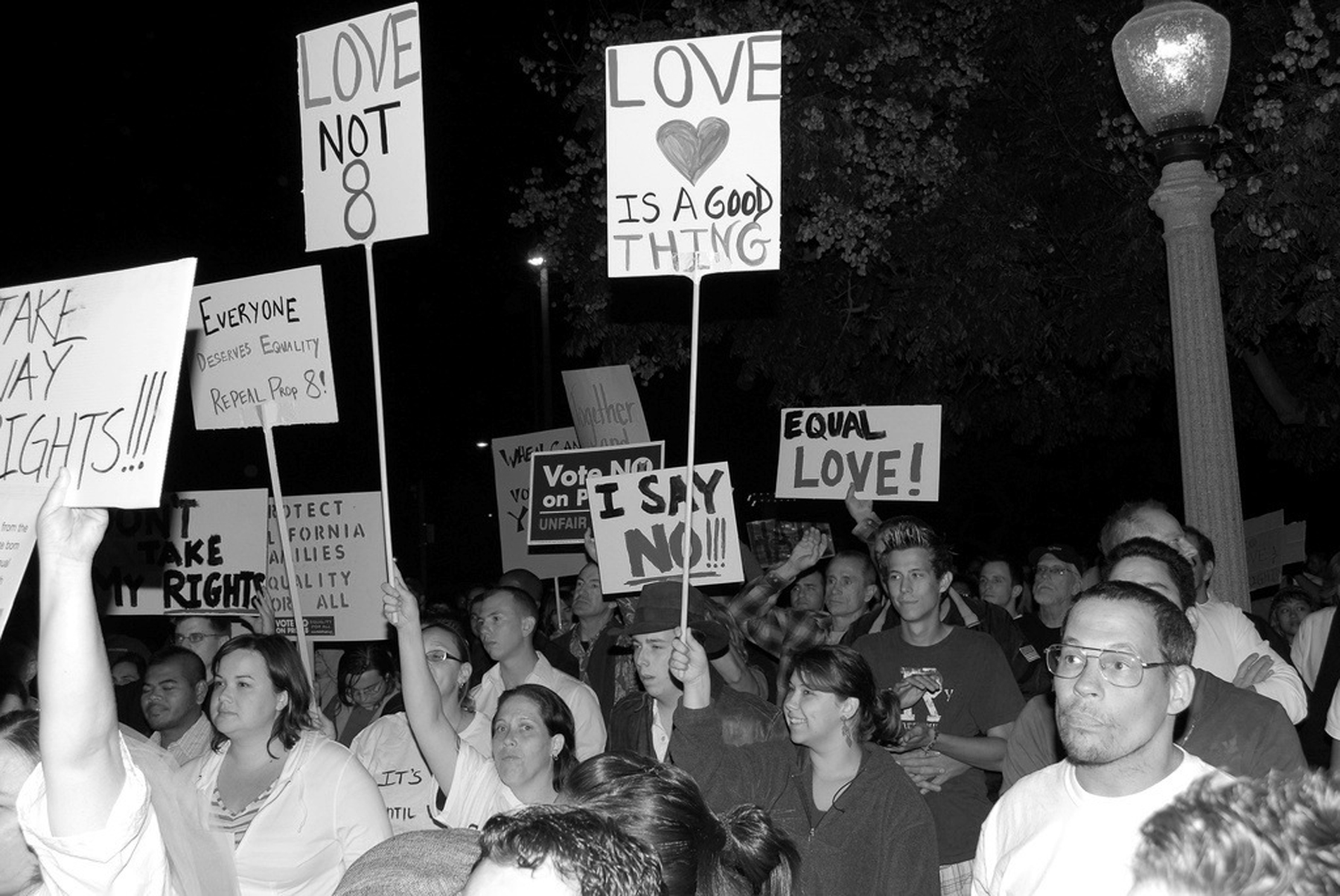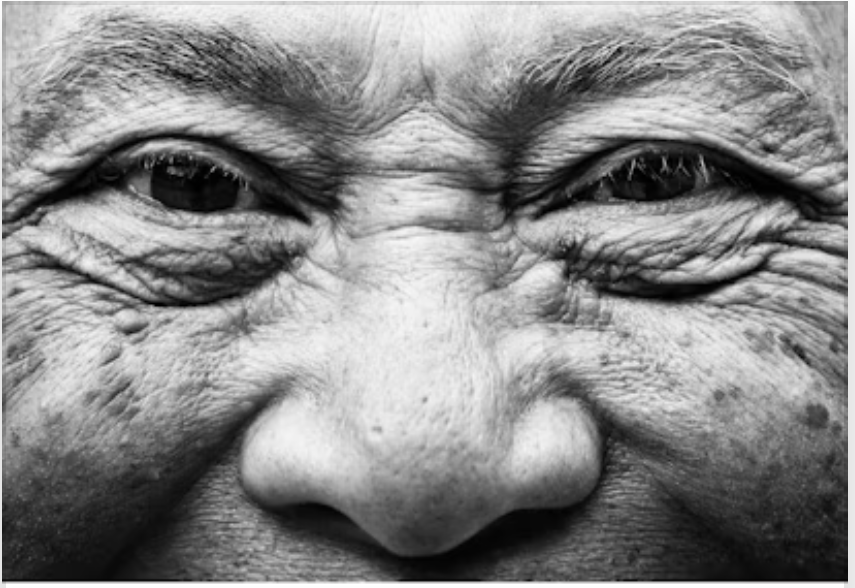
Gay Marriage Protests in San Francisco Sparked Statewide Campaign for Marriage Equality, Says UCSB Sociologist
In 2004, same-sex couples engaged in protests at marriage licensing counters across the United States as part of the gay and lesbian movement's campaign to promote marriage equality. Demanding wedding licenses from county clerks and holding weddings in public places, gay couples challenged society's long-held beliefs regarding marriage between same-sex couples.
The largest protest occurred in San Francisco, where Mayor Gavin Newsom defied California's Defense of Marriage Act by ordering the country clerk to issue marriage licenses. In an article published in the December issue of the journal American Sociological Review, lead author Verta Taylor, professor of sociology at UC Santa Barbara, examines how the monthlong spectacle captured the attention of the entire country and sparked many other forms of political action and mobilization on behalf of marriage rights, including the statewide campaign for marriage equality in California.
"To say that the marriages were part of a protest that aimed to win marriage equality is not to deny that they were also personally and emotionally important to the 4,037 couples who received marriage licenses," said Taylor. "But our research shows that the vast majority of the couples also saw the weddings as a way to make a political statement about gay rights." The article's co-authors also include Katrina Kimport, a post-doctoral student at UCSB; Nella Van Dyke of UC Merced; and Ellen Ann Andersen of the University of Vermont.
According to Taylor, most of the protesters had previously participated in a variety of social movements that had campaigned for social justice, including the civil rights, feminist, gay and lesbian, AIDS, pro-choice, anti-racism, and labor movements. When their marriages were invalidated, she noted, the participants in the San Francisco wedding protest stepped up their activism, channeling their efforts away from other causes to the campaign for marriage equality.
"Marriage was not a major issue for the gay and lesbian movement until the right wing organized against it," continued Taylor.
"But the San Francisco marriages played an important role in mobilizing protests on behalf of marriage equality both in California and across the nation. When the California Supreme Court invalidated the San Francisco marriage licenses, marriage rights organizations mobilized local campaigns around the state using emotion-laden direct action tactics to win public sympathy."
Same-sex couples, especially those with children, took to the streets, she said. They organized demonstrations in parking lots, shopping malls, and other public places to express their reactions to the ification of their marriages, to educate the public about the disadvantages experienced by gay families who lacked the rights of marriage, and to demand civil rights to protect their families. One month after the mass marriages ended, the two major marriage rights organizations in San Francisco –– Equality California and Marriage Equality California –– swelled in size and merged under the Equality California banner to combine grassroots protest tactics with legislative and legal action.
"The San Francisco weddings served as a public and dramatic tactic to claim basic civil rights for gay and lesbian people," Taylor said. "Our research shows that the monthlong wedding protest sparked other forms of political actions, including legal challenges and the formation of social movement organizations that ignited a statewide campaign for marriage equality in California." The marriage equality movement that emerged out of the San Francisco wedding protest continues to pursue equal rights for same-sex couples through a statewide campaign to overturn Proposition 8, which in 2008 banned gay marriage.
Understanding how a cultural ritual such as marriage can have political implications opens up a new way of thinking about the relationship between culture and politics, she explained. "Protest can take many forms," Taylor said. "In the United States, when we think of protest, we tend to think of petitions, marches, boycotts, and street demonstrations. The gay couples that participated in the wedding protest in San Francisco used their marriages to make a political statement about the exclusion of gays and lesbians from an institution that comes with many rights and privileges –– including the right to love."
While the struggle for marriage equality continues in California and across the nation, the 2004 wedding protest in San Francisco was a historically significant event that put marriage equality on the agendas of both the gay and lesbian movement and the movement's opponents. "Although social protest does not always succeed in reaching its goals, protest creates solidarity, community, strength in numbers, and lasting relationships that have the potential to make a difference," Taylor said.



